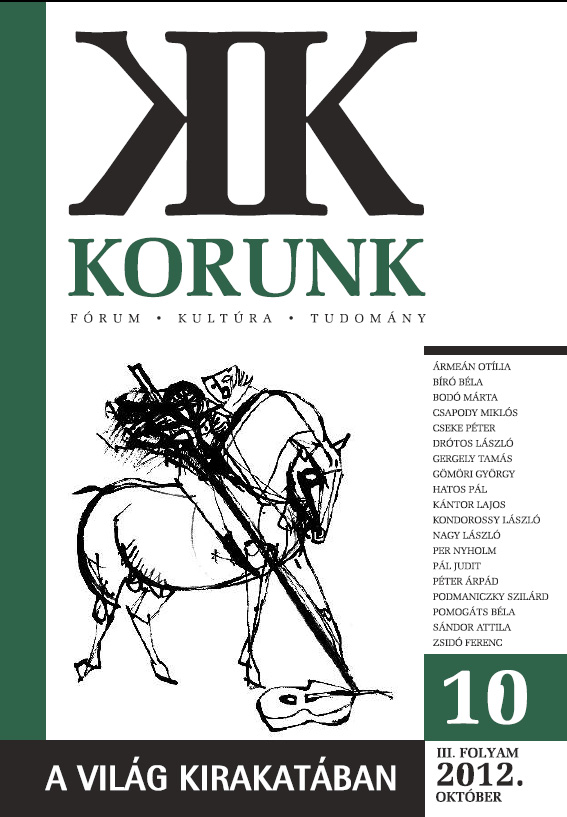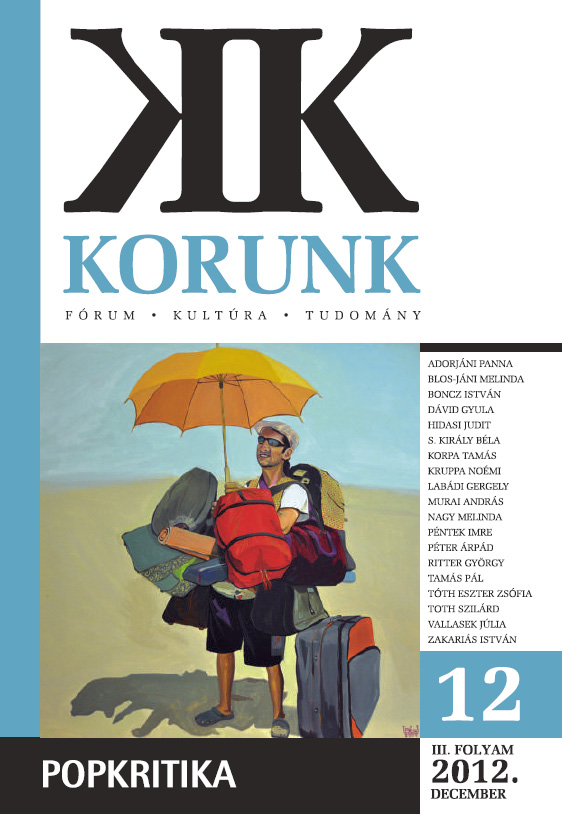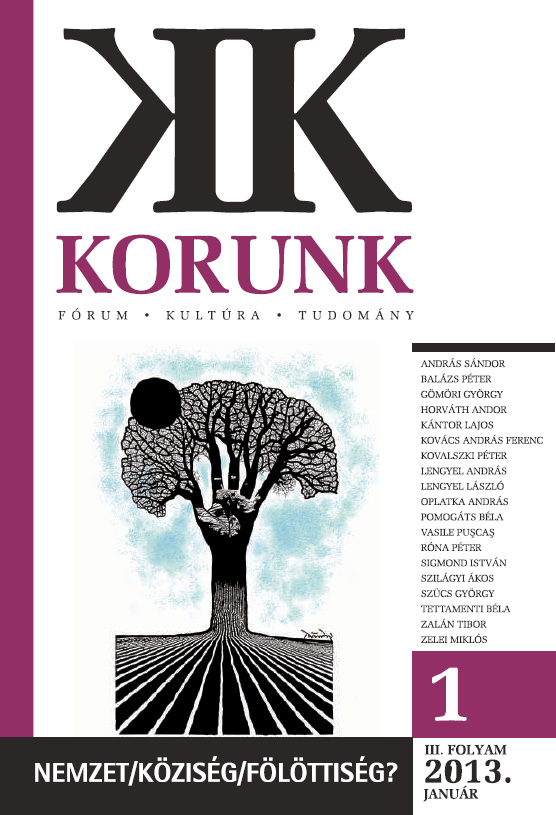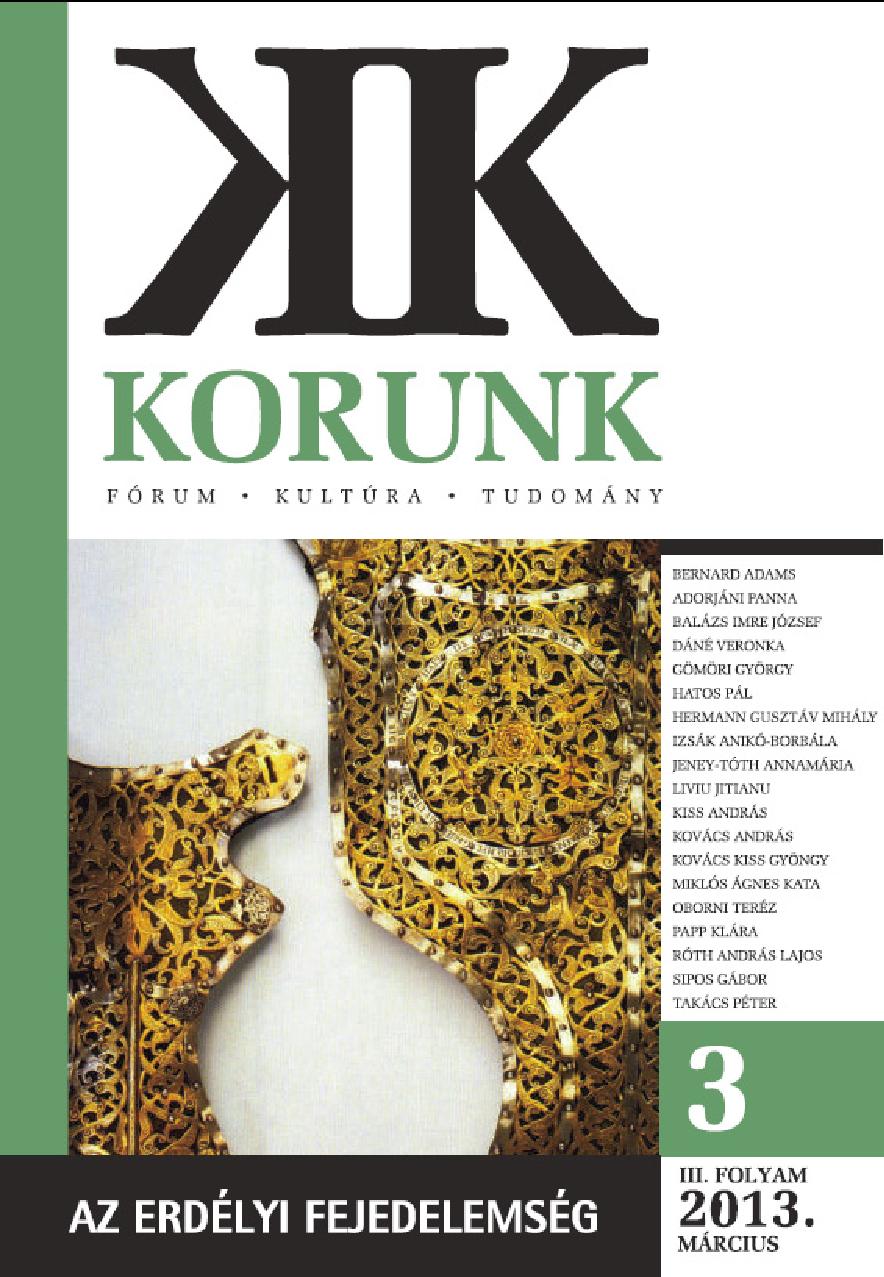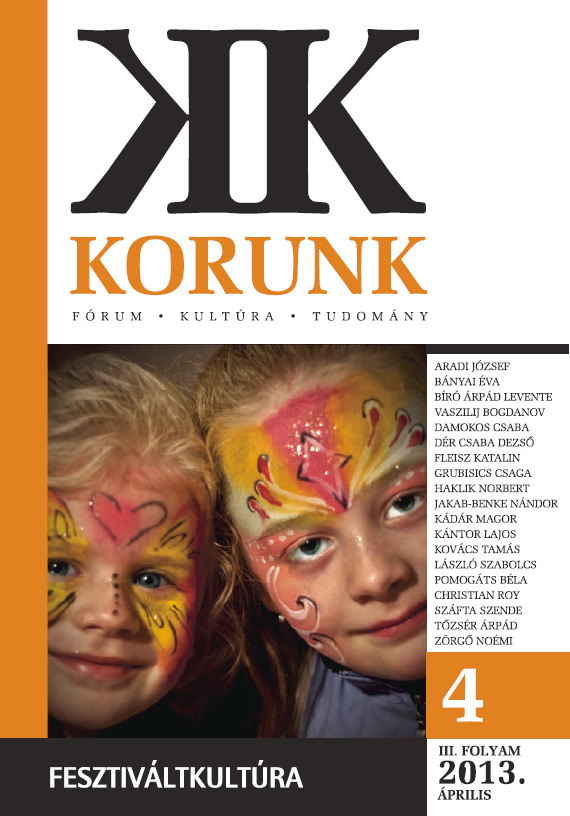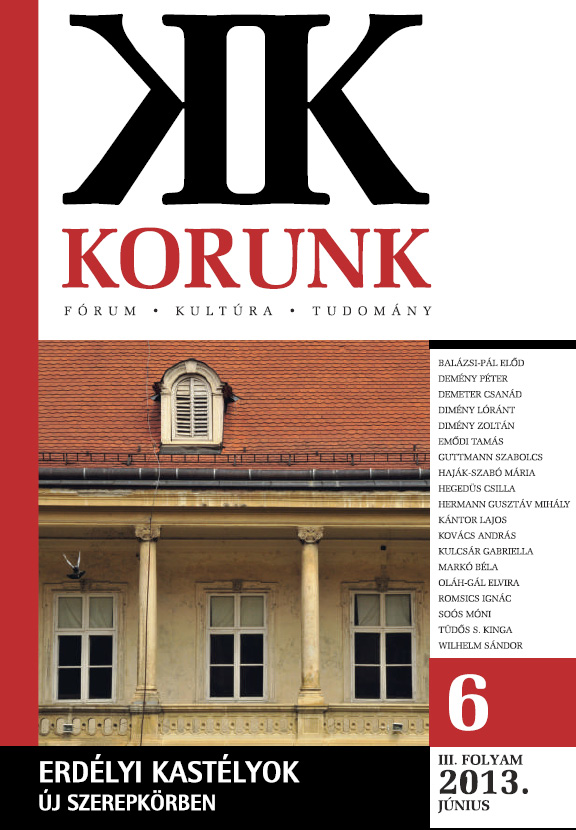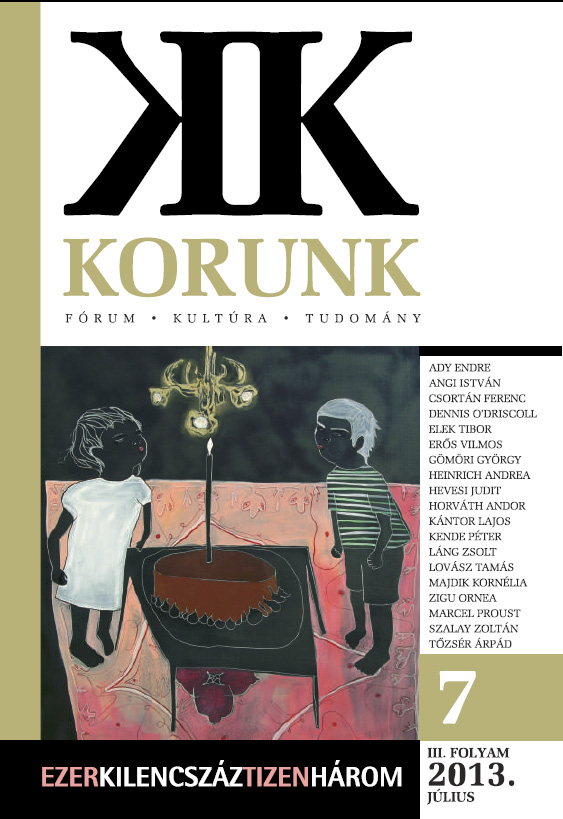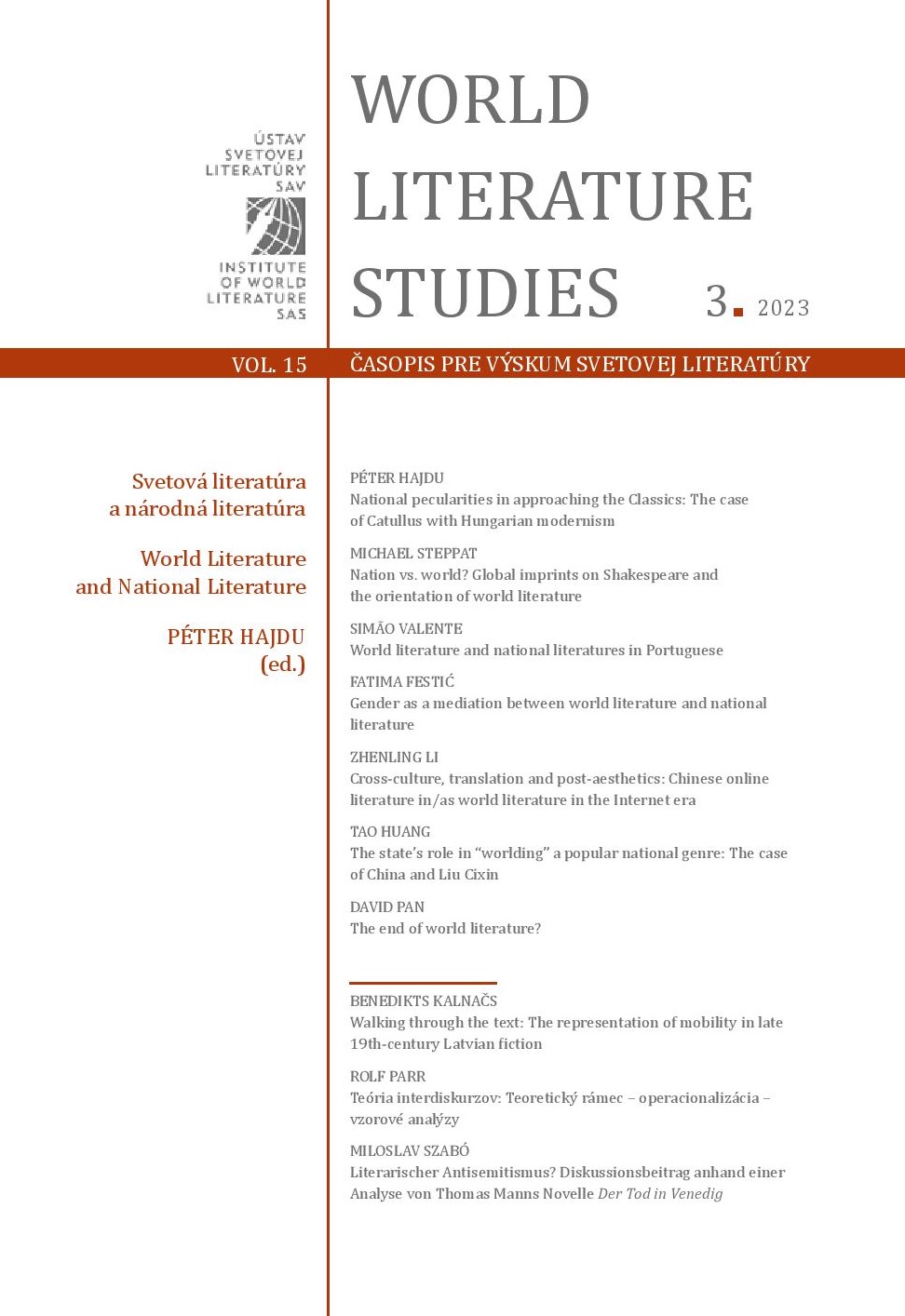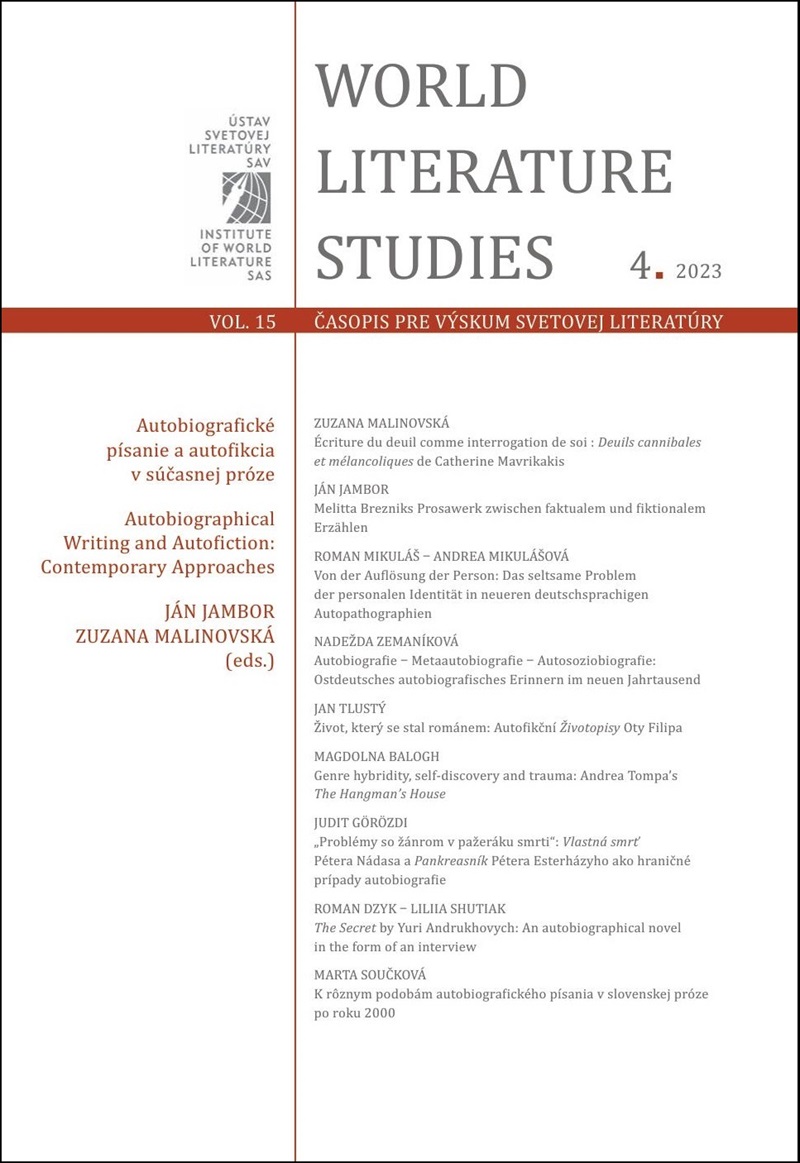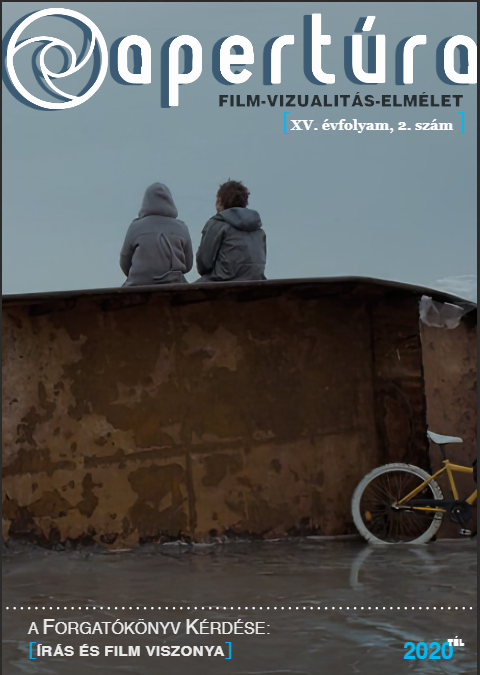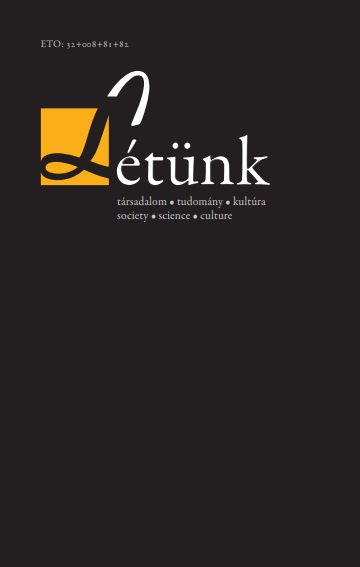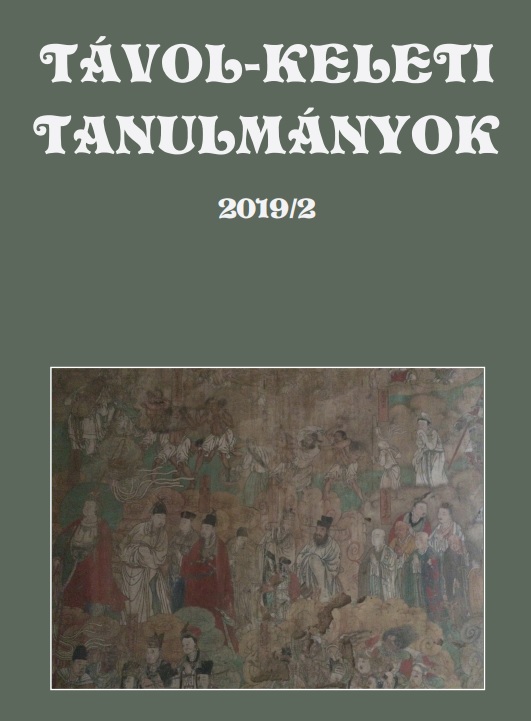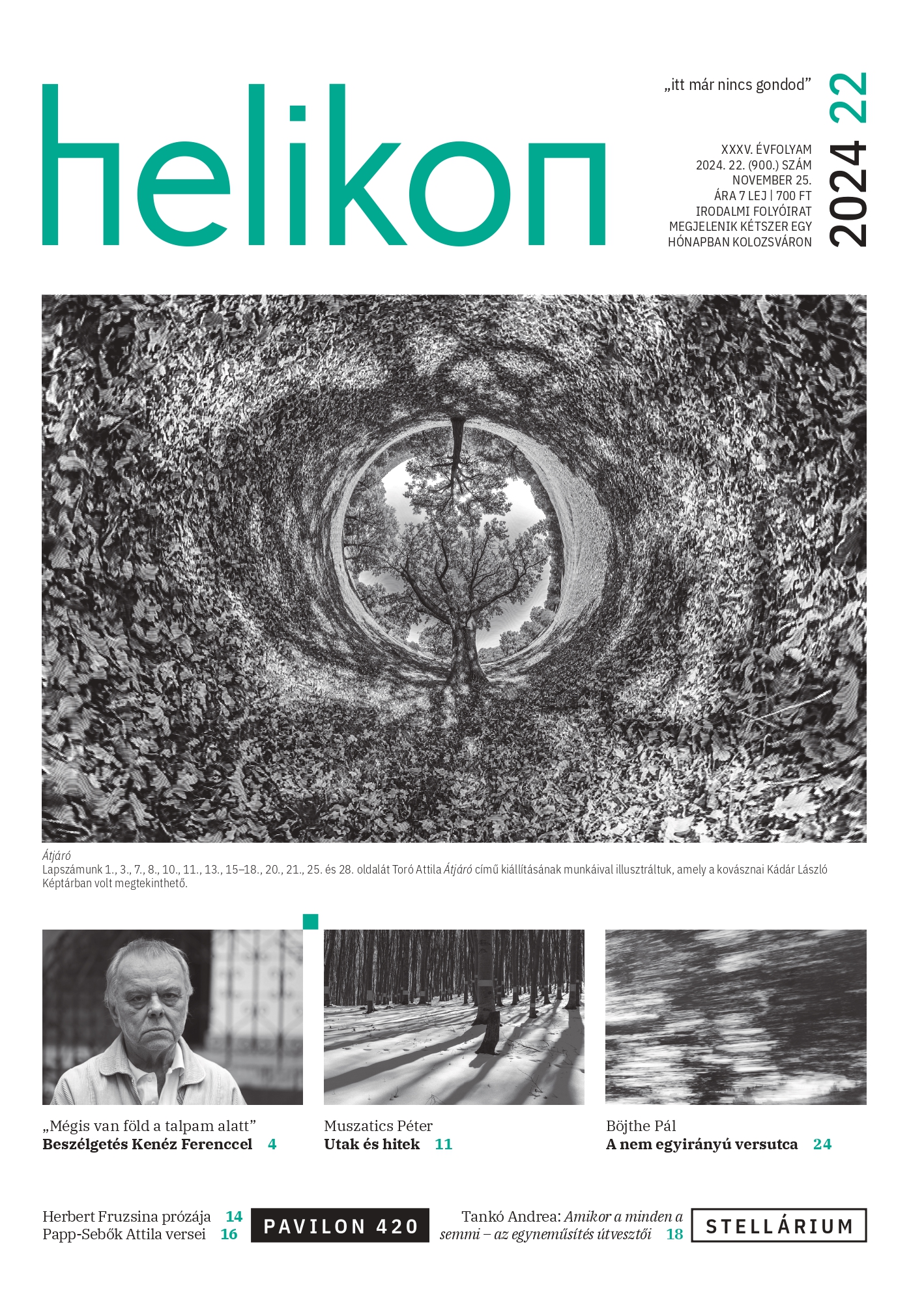Author(s): Zoltán Bicskei / Language(s): Hungarian
Issue: 1-4/2024
All great cultures, which we regard as expressions of the universal spirit, spring from the spirit of the place. Genius loci is a mysterious manifestation of the creative force in its detail and as a whole, and it is an organic unity, a characteristic feature on the face of the world all over the world. Its emphases are different everywhere since the world of phenomena lives by differences; no two blades of grass are alike. Cultures, nations, peoples, families, individuals, animals, plants, etc., are somehow subordinate to the genius loci. Naturally, only those who live on it and with it can unfold the complete answers, namely through their fate, since the spirit of the landscape offers much more than the self-purification and healing of the confused soul. It provides an organic – not rigid, dogma-free – way of life ensured by ancient, polished cultures: eternal peace, tranquillity and order. The recent fashion of permanently leaving one’s homeland and running away from one’s fate can naturally only give birth to crumbled and truncated lives, even if one lives in the lap of luxury afar. It must be made clear that there is no alternative than to break away from this mortal comfort and return to the origin of one’s life: to praise and continue Creation, i.e., elevate the earthly world. The means to this is also timeless: a life devoted to God, the world and people. What is new as a phenomenon, however, is that for all of this, it is now necessary to go against our civilisation in its entirety, and its whole way of life. With every element, every moment. To do this, one must consciously and resolutely step out of the darkness of denial and despair and rediscover the life-giving environment of the spirit of the place to remain and thrive in one’s homeland.
More...
